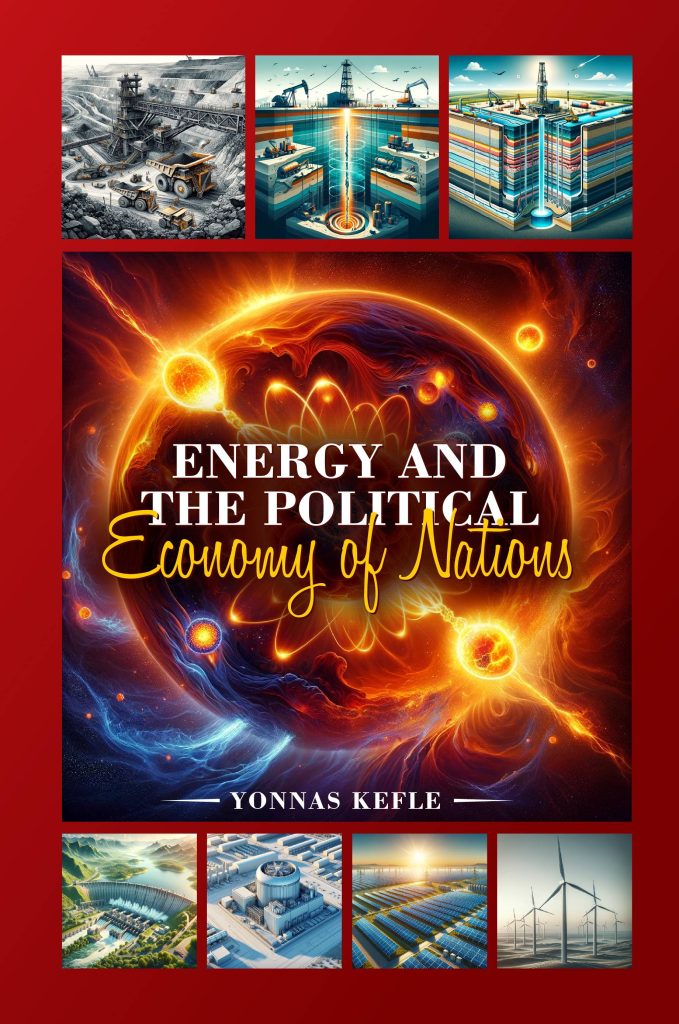About the Book
About The Book!
Lorem Ipsum is simply dummy text
“Energy and the Political Economy of Nations” offers a comprehensive exploration of energy’s role from its basic definitions to its implications in today’s world. Energy, as the core concept that underpins all physical and engineered processes, is examined from its historical reliance on fossil fuels like coal, oil, and natural gas, which have been instrumental in industrial development but detrimental due to significant greenhouse gas emissions. This reliance has led to critical environmental changes, highlighting the unsustainable nature of fossil fuels and the necessity for a shift to renewable sources like solar and wind, which are becoming more viable due to advancements and reduced costs.
The book further delves into the political and economic dimensions of energy policy in shaping sustainable practices and addresses the profound impacts of human activities on the global climate, including global warming and its extensive effects such as ice cap melting, sea-level rise, and increased extreme weather events. It advocates for a holistic approach in transitioning to sustainable growth through policies that incentivize renewable energy, enhance energy efficiency, and foster public and international support for ecological conservation. Additionally, it explores the evolving dynamics of nuclear energy as a potential low-carbon alternative, emphasizing innovations in safety and efficiency that could integrate well with future energy needs. Overall, the book underscores the critical need for an integrated approach that considers all facets of energy production, consumption, and policy to achieve a sustainable future.
